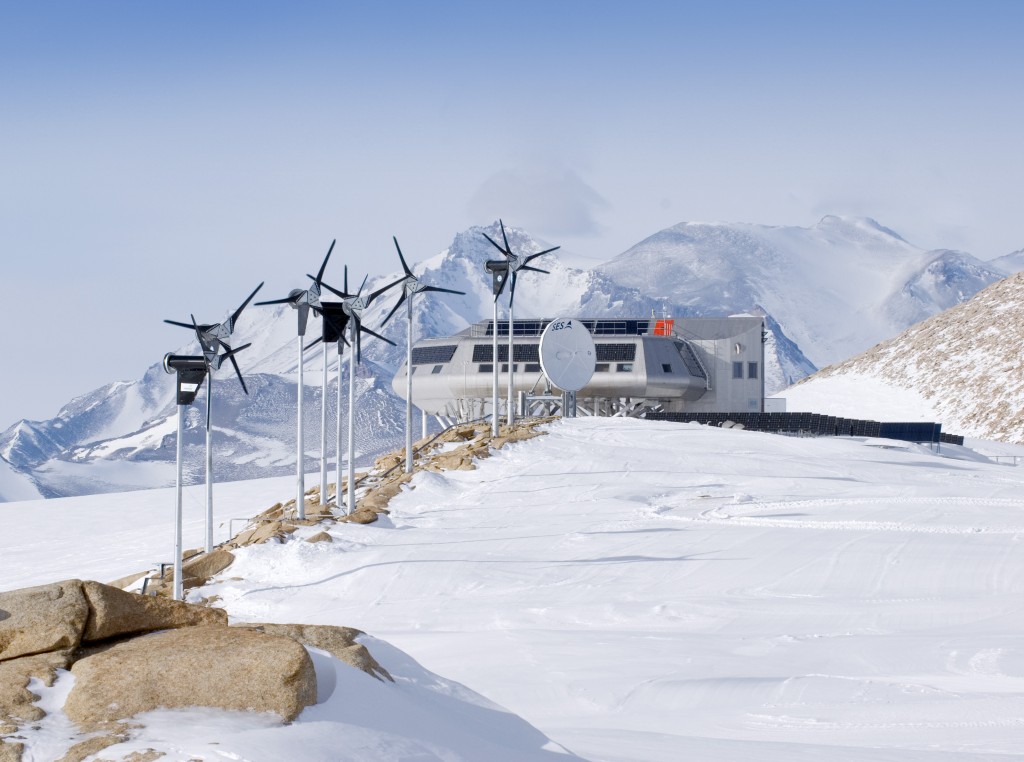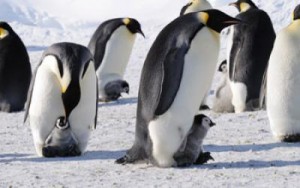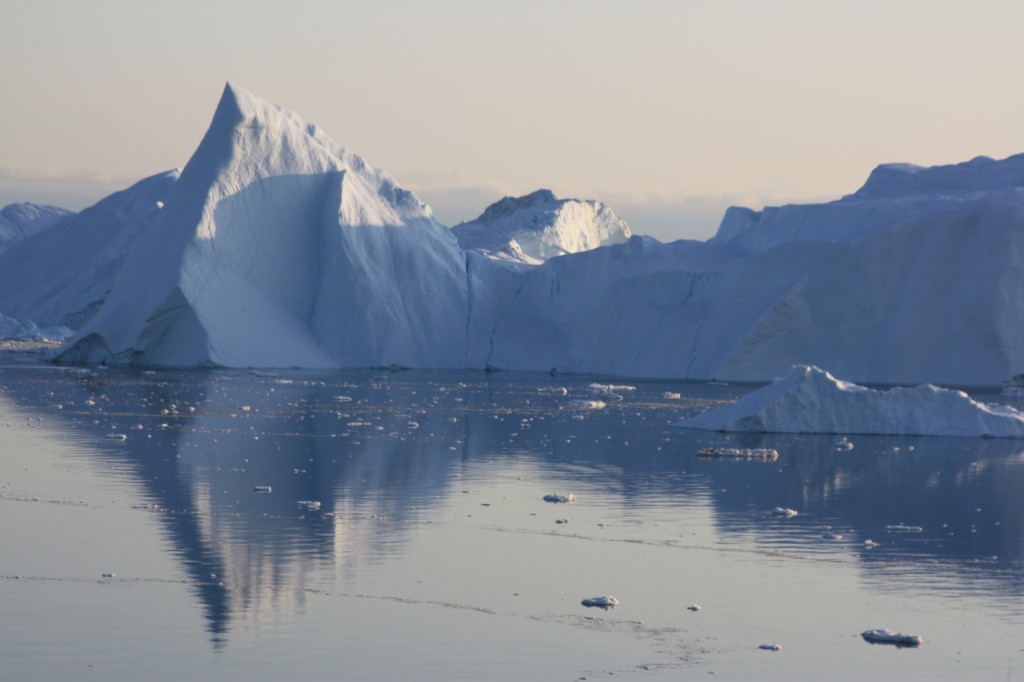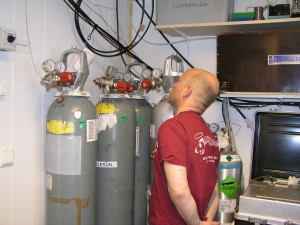Search Results for Tag: Climate
Polar bears evolved earlier than previously thought

Polar bear genome shows they evolved much earlier than previously thought. Picture by Alan Wilson, www.naturepicturesonline.com
A team of scientists led by researchers from the German Biodiversity and Climate Research Centre (BiK-F) has found out that polar bears evolved as early as some 600,000 years ago. The study, published in the current issue of the journal “Science”, ( Nuclear Genomic Sequences Reveal that Polar Bears Are an Old and Distinct Bear Lineage, Hailer, F. et.al) says the white giants are thus five times older than previously realised.
Why do we need to know this apart from pure scientific curiosity? Because knowing when polar bears evolved as a genetically distinct species, different from brown bears, could help us understand what is going to happen to the polar bears if the planet keeps heating up. You can read more about how the scientists came to their conclusions and what implications they could have here.
Penguin census from space
Scientists are using satellite mapping technology to count penguins in Antarctica. The latest results have shown that there are actually twice as many emperor penguins there as previously thought. Isn’t it nice when you hear some good news for a change?
The information provides a more accurate basis for researchers to monitor how environmental change is affecting the penguins. Satellite photography is proving to be a great way of keeping track of the penguins because their black and white feathers stand out against the snow, so the colonies are clearly visible on satellite imagery.
![]() read more
read more
Titanic, Icebergs and a Warming Arctic
There’s a lot of media hype surrounding the 100th anniversary of the loss of the Titanic on April 15th 2012. It started so early, I was beginning to get tired of it – until I came across an article in the Vancouver Sun focussing on the fact that icebergs are still a danger in our high-tech age and that danger could increase rather than decrease as you might think at first, as the Arctic ice melts.
![]() read more
read more
NASA scientist for carbon tax to tackle “moral issue”of climate change
Spending a few days in Scotland over Easter, I was interested to read that the NASA climate scientist James Hansen is to be awarded the prestigious Edinburgh Medal for his contribution to science. The Guardian quotes Hansen, 70-year-old director of NASA’s Goddard Institute for Space Studies and one of the longest-standing experts on climate change, as saying “averting the worst consequences of human-induced climate change is a great moral issue on a par with slavery”.
![]() read more
read more
Antarctic research with zero emissions

Turbines to make the best of the Antarctic winds. Photo by René Robert, International Polar Foundation
If there’s one place that definitely isn’t connected to the electricity grid and can benefit from using renewable energies, it’s got to be the Antarctic. Belgium, a country that might not be the first to come to mind when you think of polar research, has its own station, the “Princess Elisabeth Antarctica” station, and it is a “zero emissions” station. The summer research season has just come to an end, and the station says it was one of its most ambitious yet.
![]() read more
read more























Feedback